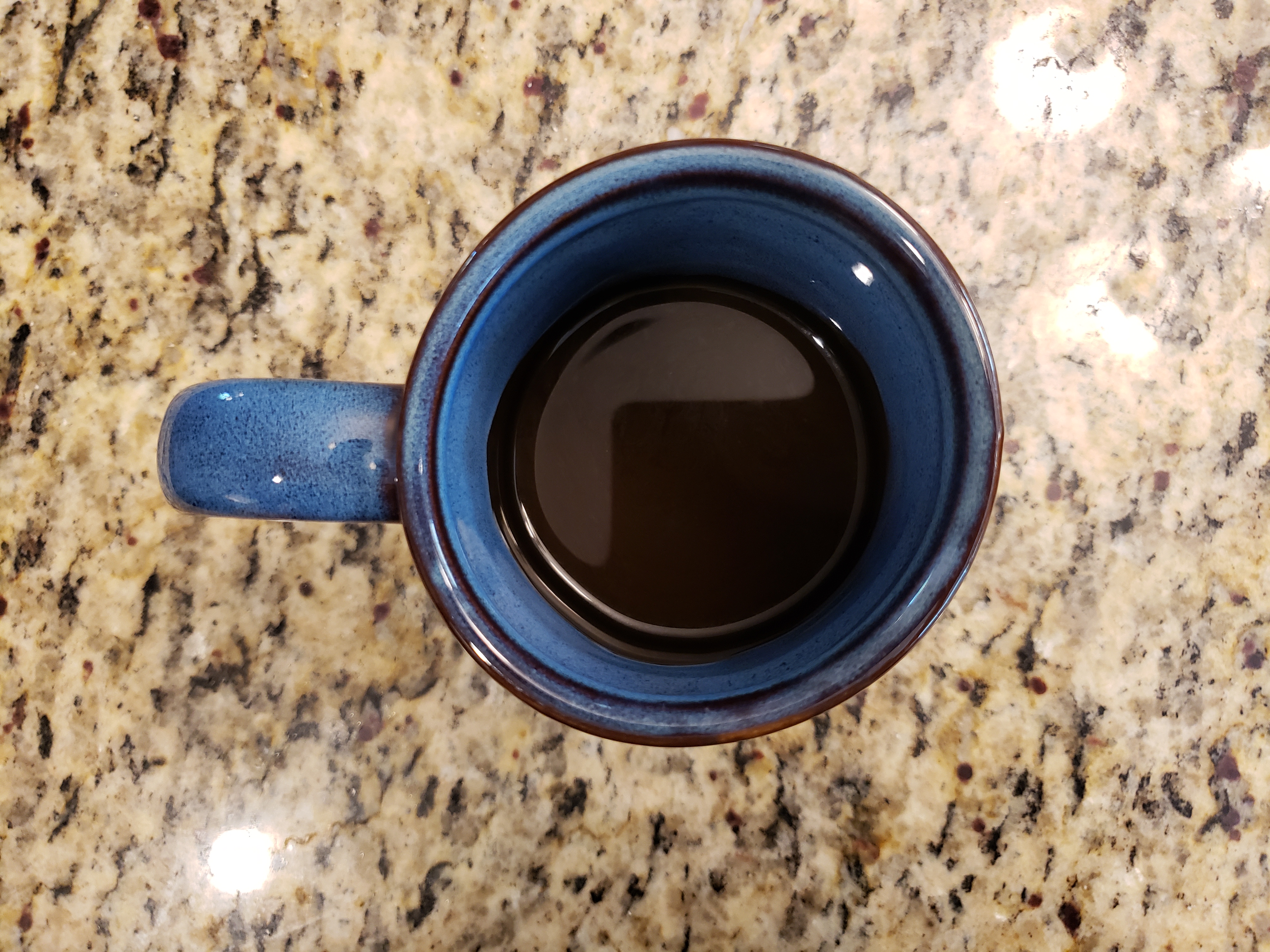First Off, What is Bone Broth?
Before we talk about the fasting component, let’s take a brief moment to introduce the star of the show, bone broth! This broth is made by simmering bones of fish, chicken, or beef on low temperatures for anywhere from 2 to 48 hours. This low and slow cooking modality helps carefully extract all the great benefits of bone broth’s nutrient dense profile. Drinking bone broth has become popularized by health movements such as Keto, rises in autoimmunity, and the prevalence of gut issues (including food sensitivities and leaky gut). For these reasons broth drinkers and aficionados have been popping out of the woodwork more prominently in the last 5 years or so. I remember making my own homemade bone broth back in 2014/2015, when I could walk right up to the Whole Foods butcher and ask for grass fed beef bones and leave with a 10 lb bag of spare bones for free! But now they are sold by the pound (for a pretty hefty price) and lots of companies are making dedicated bone broth product lines (even specialty gourmet bone broths!).

It’s no coincidence that bone broth is so sought after, due to its amazing health benefits. For example, regular consumption of bone broth can provide better digestive health, joint mobility, and helps support skin, nails, and even hair health. These benefits are mostly derived from the collagen, amino acids, and nutrient content present in the broth itself.
What is a Bone Broth Fast?
The concept behind a bone broth fast (or cleanse) is to give your digestive tract a chance to reset and soak up all the beneficial nutrients that bone broth has to offer. By removing all ongoing digestive stressors and sources of inflammation (like processed foods, gluten, sugar, dairy, etc.) we can hope to achieve regenerative benefits of bone broth’s nutrients. Most fasting protocols will ask to consume only bone broth for 1 to 5 days (3 seems to be the standard timeline). Some people go further past the 5 day mark, but honestly that might be a little too hardcore for me. Another alternative method is to consume only 1 solid meal (usually dinner) each day and for the rest of the time consume only bone broth.
Is Bone Broth Fasting for Me?
Anyone can benefit from a bone broth fast, but those who can derive the most benefit are those with autoimmunity or compromised gut health (leaky gut, acute inflammation, or looking to detox). Other individuals that might want to try such a fast would be anyone suffering from joint, cartilage, or joint pain and even those who are beauty seekers and want to thicken their skin or improve nail and even hair health.
These benefits are derived from the amino acids, collagen, and nutrients packed within the broth. In short, it’s basically a gut healing superfood that has wide spread benefits to many different areas of the body. Most people who undertake this fasting protocol see healing in various stages. For example, maybe aching joints are alleviated first, then brain fog or fatigue eases up. Since I deal with a lot of digestive issues I typically see improvements in gas, bloating, bathroom frequency, cramping, pain, and more.
How do you do it?
Now for nitty gritty… if you are interested in trying this out for yourself and want to see what kind of healing/relief you can achieve, then here is your roadmap. But first, let’s get through the obvious. Don’t go off and try a multiple day fast without the consent of your doctor, especially if you have underlying health conditions or other concerns. Now that’s out of the way, here are my top tips for doing a bone broth fast (and a breakdown for each).
- Choose a high quality broth or make your own
- Make sure you consume adequate amounts of broth
- Set parameters but be flexible
- Take it easy!
Choosing a High Quality Bone Broth
There are lots of bone broth products out there that are less than ideal to use for a fast. Fortunately, a quick look at the ingredients can give you a solid idea whether or not the broth is worth using. Make sure whole ingredients from real foods are used and that additives, flavorings, or even coloring is avoided. Another key ingredient would be looking for the quality of the bones used. For example, look for “grass-fed” for beef bones and “pasture raised” or “free-range” if choosing a chicken based broth. I haven’t found a fish based broth in stores yet, but if making your own, then wild-caught would be the preference. Finally, make sure that the bones have been cooked or simmered long enough that all of the desired nutrients and collagen has been extracted.
If you elect to make your own bone broth, then apply the same tips to any recipes that you find. But remember, all it takes is high quality bones, water, and a splash of vinegar (or apple cider vinegar) to help break down the bones, then plenty of time to cook and you can make your own broth! Adding vegetables towards the last part of the process (final few hours) can add to the flavor of your broth but is not necessary.
Consuming Enough Broth
The health benefits from bone broth come from the nutrient density of this superfood. The act of drinking the broth is great, but if you aren’t getting a sufficient number of servings during your “fast” then you probably won’t see the full effects of your efforts. Based on popular bone broth fasting protocols, it seems like 5 cups of broth per day is the magic number. When you break it down it’s as simple as replacing breakfast, lunch, and dinner with a serving of broth and then two more cups in between for snacks. If you choose a broth like Kettle and Fire then this comes out to about 40oz of broth per day, at 40 calories and 10 grams of protein per cup. Having only 200 calories and 50 grams of protein per day (may change depending on the broth you choose) means there really isn’t much room for skipping servings.
Another option (which is a bit more forgiving) is to go with 3 or 4 cups of bone broth a day and have a solid meal (a healthy one, not just junk) for dinner. This helps bring up caloric intake and daily protein a bit, while still providing lots of benefits from the broth and also the needed digestive rest during the day.
Setting Parameters While Staying Flexible
This is a pretty simple one but can really leave room for interpretation unless you spell out all the rules of a broth fast. Whatever approach you choose, whether it is a broth only fast for 3 to 5 days, or more of an intermittent style fast with 2 meals as broth and 1 as a solid, just make sure you clearly define that upfront and do your best to stick to it. A major component of bone broth fasting is the digestive rest, detox, and rebuilding that happens when avoiding solids and committing only to broth. If daily habits are not clearly established then results will be inconsistent and may not be achieved at all. For example, if some mornings you have breakfast, followed by broth for lunch and dinner, but then switch this timing up again the following day to replace breakfast with broth, enjoy a solid lunch and bake to broth for dinner, then you will not have adequate digestive rest. However, you will still see benefits from the nutrients you digest within the broth, but may not achieve a certain level of healing or desired results if you are targeting gut repair. Long story short, this becomes more important if you are fasting for chronic illnesses or autoimmunity vs general health.
Secondly, remaining flexible means that if fasting for 3 days on just broth isn’t working for you then listen to your body and change things up. I know I have tried a 3 day fast before and was crashing too hard after 4pm each day, so I went to 2 meals and snacks as broth then one solid meal and was able to sustain the practice for a longer duration and get longer term benefits.
Take it Easy
Last but not least, if you ok bone broth fasting with your doc and decide to embark on this journey then cut yourself some slack and try to take it easy (physicially). Although bone broth is very full of nutrients, it is very low in calories and can leave you feeling a little winded. This is especially if you are eating a diet high in carbs and sugar, then your body will go through an adjustment period. Maybe try starting this on a Friday evening and going through Sunday so you don’t have to be warming up cups of broth at work or dealing with tons of outside stressors and physical activity during a calorie and carbohydrate drought.
Personally I remember hitting a wall with my fast and needed that solid meal to help push me through to the next day (but I was also running around with a 3 year old and a newborn, with less than ideal sleep habits). So make it work for you, and go easy on yourself, this is a big change for your body and is no easy feat.
Conclusion
As we wrap things up I hope you learned a little bit more about bone broth and some of its amazing benefits (as well as a new way to use it as a healing tool). Bone broth fasting can be extremely instrumental in chronic disease healing journeys and also great for achieving higher levels of optimal health for those wellness nerds out there. Thanks for reading and as always if you have any questions or comments drop them below and get involved with our community. All of this information is created to help empower you to reach a new level of health and take ownership of your life!

Leave a Reply